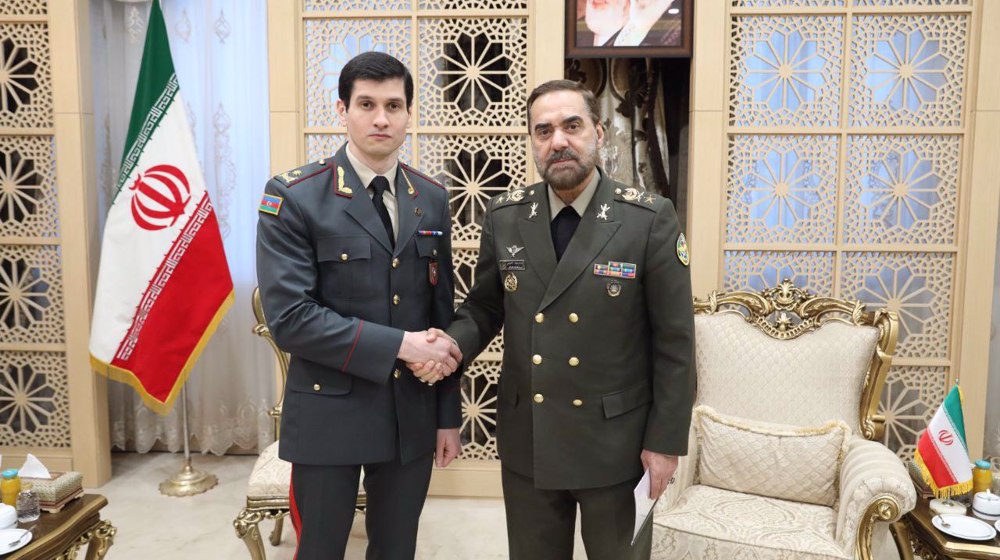Myanmar says UN reports on rights violations lack credibility
Myanmar’s government has once again rejected allegations of abusing the rights of minorities in the country, saying the United Nations’ new findings on the issue are unreliable.
Zaw Htay, a spokesman of the government in Yangon, said on Tuesday that two reports presented to the UN Human Rights Council in Geneva a day earlier simply lacked credibility.
One of the reports by UN Special Rapporteur on Human Rights in Myanmar Yanghee Lee said that Myanmar’s army, backed by Buddhist mobs, committed acts in a months-long crackdown against Rohingya Muslims in the western state of Rakhine that “bear the hallmarks of genocide.” The crackdown, which followed several attacks in August against border and police posts by suspected Rohingya fighters, forced around 700,000 people to flee to neighboring Bangladesh. The UN has already designated the crackdown as a textbook example of ethnic cleansing.

However, Htay said the report by Lee was a repetition of her previous accusations against Myanmar, which the official described as "biased, one-sided and unfair." Htay said the government would no longer cooperate with Lee.
Htay also rejected the methodology of the reports, especially the one carried out by the Independent Fact-Finding Mission on Myanmar, chaired by former Indonesian Attorney-General Marzuki Darusman, which was based on hundreds of accounts by victims and witnesses of reported human rights violations, as well as satellite imagery, photographs and video footage. Researchers of the mission also based their conclusions on interviews with refugees and others in Bangladesh, Malaysia and Thailand as the government barred them from entering the country.
The mission said in its report that there was a similar pattern for rights violations across Myanmar, adding that events in the states of Rakhine, Kachin and Shan were all “products of a longstanding, systemic pattern of human rights violation and abuse in Myanmar.”
Htay admitted that rights violations actually took place in Myanmar against minorities, but he insisted that methods used by the Fact-Finding Mission on Myanmar were not credible.
“We are not denying rights violations but we are asking for strong, fact-based, and trustworthy evidence on the allegations they are making,” said Htay.
UN: 2024 deadliest year for aid workers amid genocide in Gaza
Gaza health official warns of hospital shutdowns within 48 hours
Israel kills 5 more paramedics in southern Lebanon: Health ministry
Iran to launch ‘new, advanced’ centrifuges in response to IAEA resolution: AEOI
Yemen fires hypersonic missile at Israeli airbase
VIDEO | New Delhi chokes under toxic smog as air quality remains at hazardous levels
VIDEO | Press TV's news headlines
VIDEO | ICC's arrest warrant for Netanyahu to worry Western politicians: Former British diplomat














 This makes it easy to access the Press TV website
This makes it easy to access the Press TV website